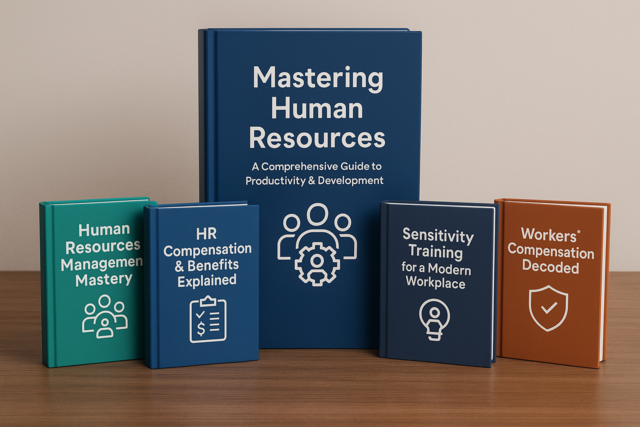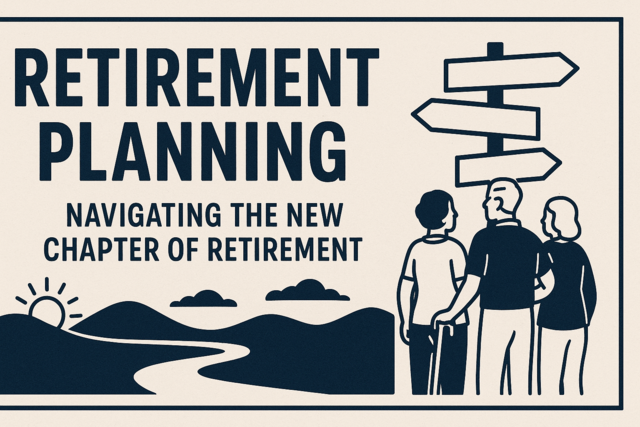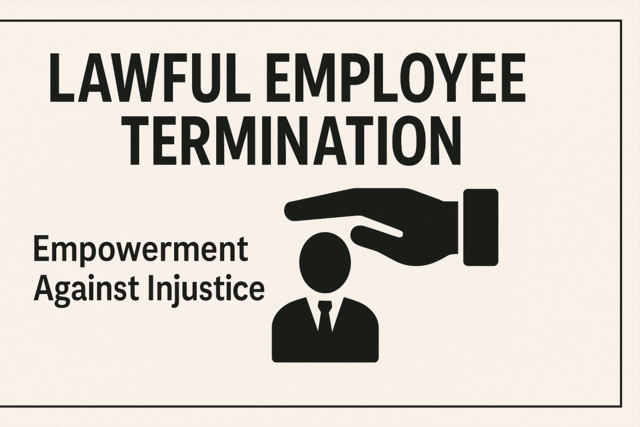How to Write a Business Plan
Plan Your Success: Write a Winning Business Plan Today!

5 Hours average completion time
0.5 CEUs
8 Lessons
12 Exams & Assignments
71 Discussions
8 Videos
10 Reference Files
67 Articles
Mobile Friendly
Last Updated February 2026
Crafting the Blueprint: Mastering the Art of Business Planning
In the bustling world of entrepreneurship, where dreams are vast and the market ever-evolving, having a structured, articulate, and forward-thinking plan is not just advisable, it's indispensable. Many seasoned CPAs assert that the absence of a well-crafted business plan is the prime pitfall for nascent businesses. A business without a plan is like a ship without a compass; it might sail smoothly initially but can easily get lost or capsized amidst unforeseen challenges.
The adage "failing to plan is planning to fail" holds especially true in business. Entrepreneurs often grapple with seemingly minor hurdles, which, with foresight and planning, might have been mere stepping stones. Without a documented strategy, there's no roadmap to visualize, no north star to guide during tumultuous times.
Creating an impactful business plan is an intricate dance of meticulous research, keen understanding, and effective presentation. It's not just a document, but a reflection of your vision, mission, and the very ethos of what your venture stands for. This course aims to meticulously guide you through every nuance of crafting this vital instrument. You'll gain insights into what investors prioritize in a plan, how to make compelling presentations, and which aspects of your business strategy can significantly sway financial outcomes.
Moreover, this course isn't just about creating a document; it's about understanding and internalizing the strategic essence of business. We'll share invaluable writing techniques that provide your plan the sheen of professionalism without the hefty cost of hiring a specialist.
By the culmination of this course, you'll be armed with a reservoir of knowledge, and more importantly, the confidence to create a business plan that not only informs but also impresses and persuades. Let's set the stage for your business's success!
Course Modules:
-
Lesson 1: Plan Your Plan
Foundations are paramount. Understand the importance of planning before plunging into the writing process. This lesson sets the tone for the entire course, ensuring clarity of vision and purpose. -
Lesson 2: Structure and Sequence
Learn the anatomy of a robust business plan. Dive into the optimal sequence that resonates with stakeholders, ensuring each section flows seamlessly into the next. -
Lesson 3: Important Details
Delve deep into the nitty-gritty. Highlighting vital components, this lesson emphasizes elements that can make or break your business strategy. -
Lesson 4: The Executive Summary
The front window to your business plan, this section often gets the most eyeballs. Understand the art of creating a concise yet comprehensive executive summary that captivates from the get-go. -
Lesson 5: Financials
Numbers tell a tale. Unravel the intricacies of showcasing your financial projections, understanding investor metrics, and painting a realistic yet promising financial future. -
Lesson 6: Market Research
The bedrock of any business strategy. Understand your market landscape, identify trends, and learn to present data that validates your business proposition. -
Lesson 7: Competition
No business exists in a vacuum. This lesson helps you adeptly analyze your competition, identifying gaps in the market and positioning your business as a front runner. -
Lesson 8: Support Documents and Working Your Plan
It's not just about creating the plan but living it. Learn the importance of auxiliary documents and the iterative process of refining your strategy as your business evolves.
Your business idea deserves a blueprint that mirrors its potential. Dive into this course and sculpt a business plan that stands as a testament to your vision, dedication, and entrepreneurial spirit. Here's to planning for prosperity!
- Investor presentation techniques
- Crafting compelling executive summaries
- Effective competitive analysis
- Adapting plans in dynamic markets
- Financial forecasting and budgeting
- Professional business writing skills
- Strategic thinking and planning
- Market analysis and research proficiency
- Data-driven decision making
-

Fundraising 101
-

Human Resources Productivity Course Bundle
-

Retail Mastery: Crafting a Business That Stands Out
-

How to Write a Grant Proposal
-

Retirement Planning
-

Product Management 101
-

Writing Effective Emails in the Workplace
-

Business Etiquette
-

Lean Management
-

Personal Finance 101: How to Manage Your Money
-

Creative Thinking Skills
-

Mortgage Loan Processing
-

Critical Thinking Skills
-

Behind the Paycheck: Mastering Payroll Systems
-

Financial Analysis 101: Planning and Control
-

Economics: Complete Edition
-

Conflict Resolution
-

Habits of Millionaires
-

Google Slides
-

Lawful Employee Termination
-

Understanding Financial Statements
-

Etiquette Consultant
-

The Art of Setting Goals
-

Innovative Thinking Skills
-

Telephone Skills and Quality Customer Service